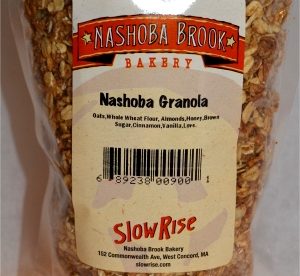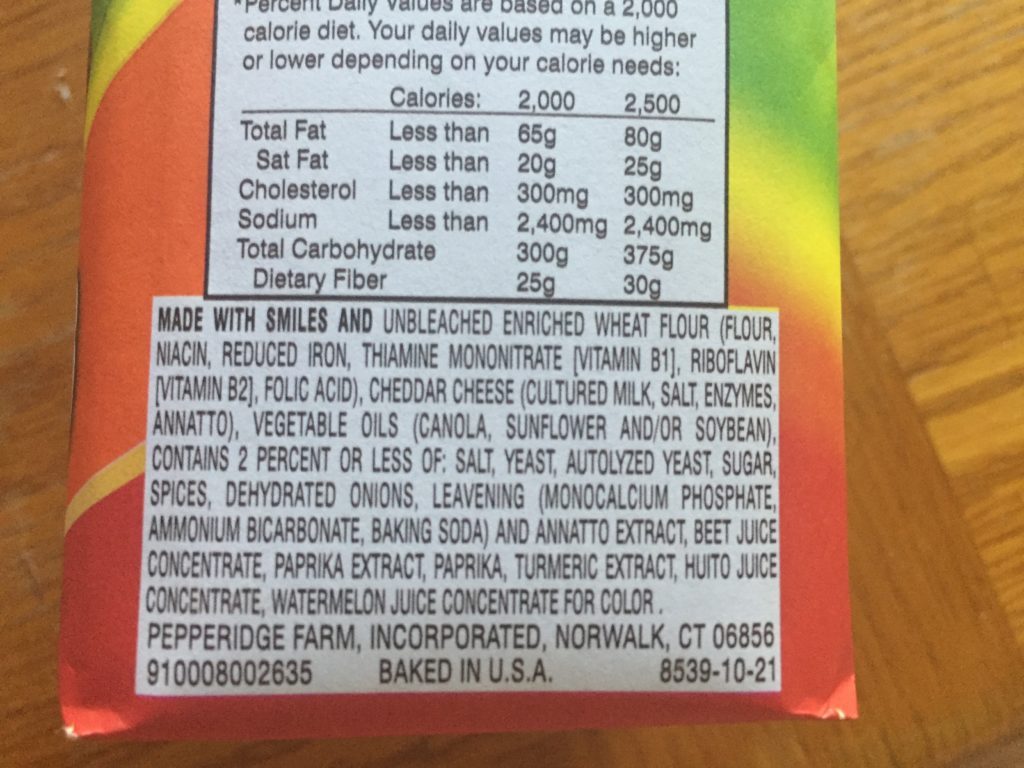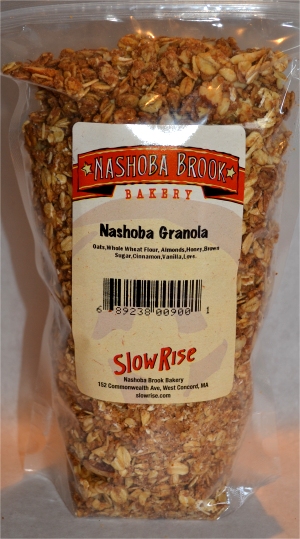When the Government Outlawed Love

Goldfish — the cheesy, tiny, fish-shaped brand of crackers — were invented in Sweden in 1958. Pepperidge Farm began importing them to the U.S. four years later, and since then, they’ve been a staple American snack. Their ingredients (the rainbow ones, at least), can be seen below.

Your eyes may have glossed over it but if you look again, the ingredient block starts with “Made with Smiles.” That’s a cute branding effort — many of the actual goldfish crackers in the container have a little smile on them (and a dimple for an eye). And the inclusion of “made with smiles” signifies that the product was made with love and pride. It’s a great way to make an already fun food a bit more fun.
Legally, though, “smiles” aren’t one of Goldfish’s many ingredients — the smiles come before the actual listing, as the bolding helps make clear. And that’s important because “smiles” also aren’t something that can be an ingredient — facial expressions, unlike autolyzed yeast; monocalcium phosphate, and watermelon juice concentrate, are hard to bake. But that’s okay: everyone gets that at no point are any actual smiles dumped in the mixing bowl.
But what if “smiles” had been the final ingredient listed, instead of placed at the front? That may have caused the government to get upset.
How do we know this? Because of this granola:

It’s not so easy to see there, but that’s the old packaging for Nashoba Brook Bakery’s Nashoba Granola. The ingredients listed are, in order: oats, whole wheat flour, almonds, honey, brown sugar, cinnamon, vanilla, and last but (despite its placement) probably not least, love. Cute, right?
Well, it was a little too cute.
In the spring of 2017, the Food and Drug Administration (FDA) paid Nashoba Brook Bakery a visit — it was time for an inspection. Nashoba didn’t do too well, and in September of that year, the FDA sent it a warning letter outlining what needed to be fixed. Buried in that letter was this nugget of legalese:
Your Nashoba Granola label lists ingredient “Love”. Ingredients required to be declared on the label or labeling of food must be listed by their common or usual name [21 CFR 101.4(a)(1). “Love” is not a common or usual name of an ingredient, and is considered to be intervening material because it is not part of the common or usual name of the ingredient.
In other words, going forward, “Love” couldn’t be listed with the rest of the ingredients.
The co-owner of the bakery, John Gates, was understandably unamused by the ruling. He told NPR that “we have to bring passion and love to what we do because we’re making fresh bread and granola and pastry every day” and that “love actually ends up being a really important part of what we do.” While he was more than willing to make the other changes demanded by the FDA, this, he felt, was a bit absurd. Per USA Today, the company asked the FDA to reconsider.
To date, there are no reports whether the FDA found any compassion for love in its large, bureaucratic heart.
Bonus fact: Jif Peanut Butter (here’s a picture) is peanut butter, unsurprisingly. But the “Natural” type of Jif is actually Peanut Butter Spread. (Here’s a picture of that one.) The difference is in the ingredients and, again, because of an FDA rule. The “natural” version replaces fully hydrogenated vegetable oils with palm oil, but in doing so, changes the balance of the ingredients. As Consumerist reported, the FDA rule defining peanut butter requires that “seasoning and stabilizing ingredients do not in the aggregate exceed 10 percent of the weight of the finished food.” Natural Jif breaks that rule, requiring it to be labeled differently.
From the Archives: All You Need is Egg: Why “love” in tennis means “zero.”
